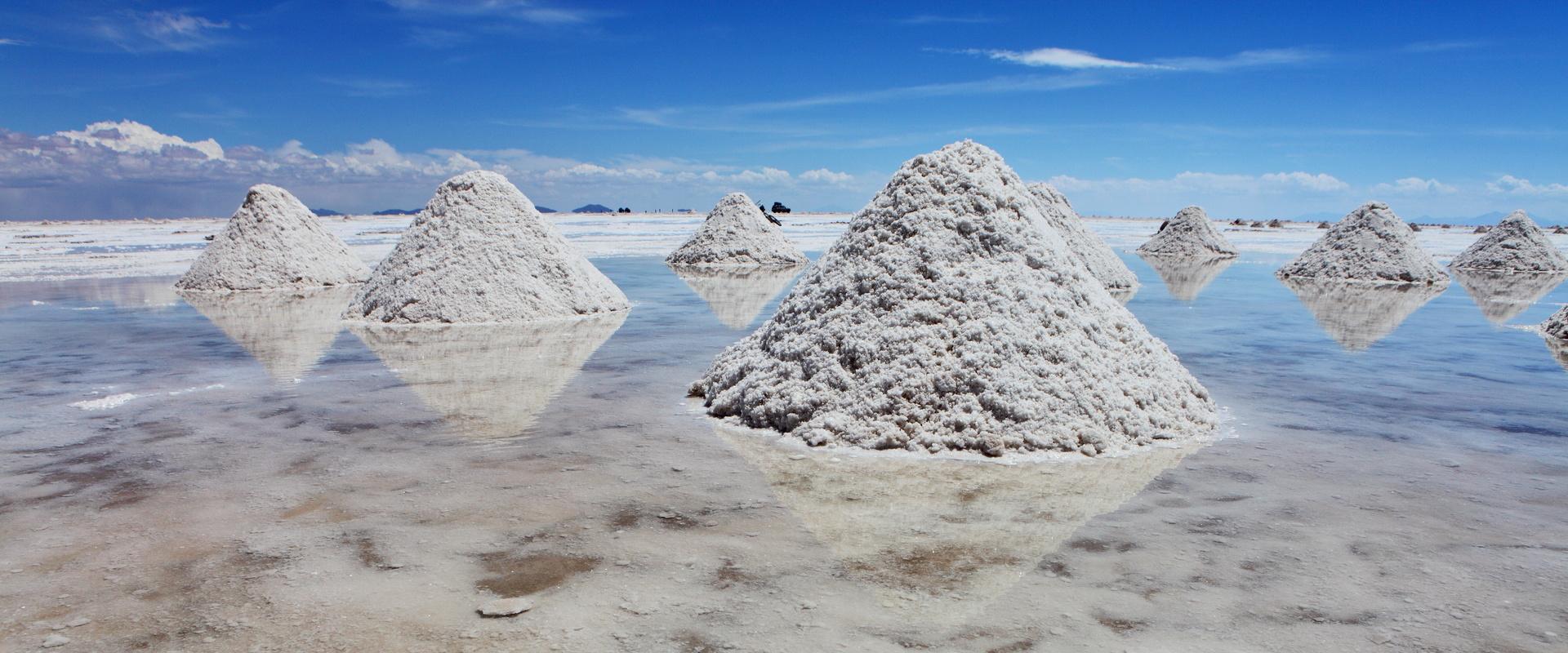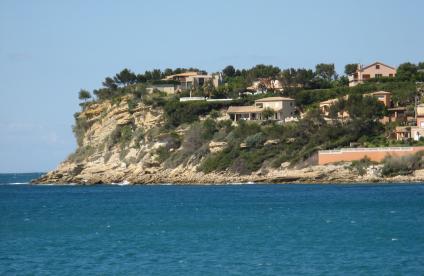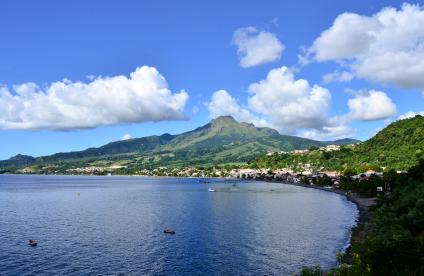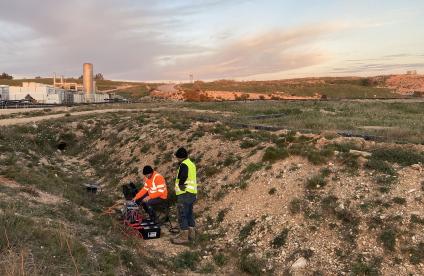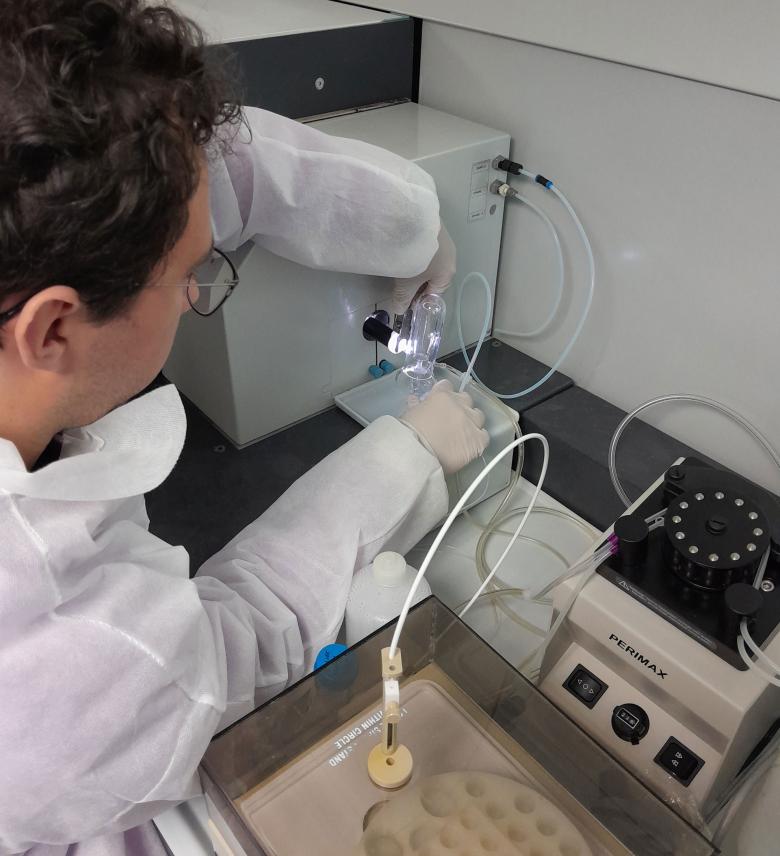
Laboratory experiments with BRGM's Neptune plasma source mass spectrometer (Orléans, 2023)
© BRGM - S. Perret
Strategic challenges and needs
MaDiTraCe is a research and innovation project funded by the Horizon Europe programme. Its aim is to develop digital and geochemical approaches for environmental, social and governance (ESG) standards for critical raw materials and to integrate them into a generic certification system.
The project aims to ensure sustainable and transparent metal supply chains based on generally accepted ESG standards.
Critical raw materials are very important for the ecological and digital transition. Europe relies heavily on imports from third countries, but is seeking to establish supply chains that are both resilient and sustainable. This is partly the aim of the Critical Raw Materials Act, a European Union regulation designed to secure its metal supplies.
Due diligence in the sustainable sourcing, extraction and processing of minerals is driven by societal and regulatory factors that are increasing pressure to monitor the industry's supply chain. As a result, the sector needs standardised certification systems that guarantee a transparent view of their supply chains (compliance with the requirements of the Critical Raw Materials Act and the future battery passport, for example).
The project will focus on materials that are essential for the energy transition: lithium, cobalt and natural graphite for batteries, as well as the rare earths needed for permanent magnets.
The MaDiTraCe project will run for three years, until December 2025, with a budget of €11 million.
Expected results
MaDiTraCe's digital approach aims to take into account the particularities and complexities of material and metal supply chains, while minimising their environmental impact and costs. Indeed, the fact that there are numerous points where materials aggregate (mixing of ores from different origins, including small-scale artisanal mining) and are transformed (processing, refining) in ore supply chains has been recognised as a challenge for their digitisation.
The project is structured around several major tasks:
- Developing tools and a database for geological and geochemical tracing of the origin of metals (lithium, cobalt, natural graphite and rare earths).
- Digital traceability of information throughout the supply chain using systems such as blockchain.
- Comparison of different environmental, social and governance certification systems for raw materials.
- Integrating due diligence information on metals into a digital product passport and, in particular, the future battery passport.
BRGM’s role
BRGM is coordinating the MaDiTraCe project and leading the work on the geochemical traceability of materials.
BRGM already had experience in this field, notably through its recently published work on lithium, as well as studies on the traceability of gold.
As coordinator, BRGM is also involved in other tasks of the project.

